Popular on Food52
16 Comments
Rainbowmixer
April 7, 2015
This section of the tips above really emphasises the illogical nature of not using weight as a measurement for dry ingredients such as flour:
"While one cup should measure approximately 4.5 ounces, it can weigh as much as 6 ounces if measured incorrectly."
Firstly, a cup unit of flour is described as different weights by different chefs/bakers.
The main point is: if a recipe calls for "approximately 4.5 ounces" why not omit the 'cup amount' and just state 4.5 ounces. Or, the most widely used measurement for dry goods, the SI unit of grams.
And butter measured in tablespoon amounts? Why?! :)
"While one cup should measure approximately 4.5 ounces, it can weigh as much as 6 ounces if measured incorrectly."
Firstly, a cup unit of flour is described as different weights by different chefs/bakers.
The main point is: if a recipe calls for "approximately 4.5 ounces" why not omit the 'cup amount' and just state 4.5 ounces. Or, the most widely used measurement for dry goods, the SI unit of grams.
And butter measured in tablespoon amounts? Why?! :)
Leslie S.
April 7, 2015
It definitely is more accurate to use a weight measurement than a cup, but as I point out in a preceding paragraph, I don't own a scale (I've baked maybe twice in the past decade) so I tried to make do with what I had! And even by using cups, the cake turned out to be delicious!
drbabs
April 6, 2015
I've been thinking about the discussion around weights and measures and this cake. This cake came about when I was on vacation with my family--17 of us in a beach house on the Florida panhandle. There were measuring cups and spoons, but no scale. I had bought flour, sugar, butter etc. It was one of the last days, and I made the cake with what was left in the pantry. (https://food52.com/recipes/13351-beach-house-strawberry-cake) When I wanted to make it again, I decide to tweak the ingredients (and to make it smaller--that was a huge Pyrex dish that i made it in). Hence, this cake. While I do use my scale quite a bit for baking, I think we also should keep in mind that traditional home bakers used teacups and silverware spoons for measurements for homey cakes. And that is what this is--a homey cake. It's quite forgiving and adaptable. It's the cake your grandmother might have had on the counter in the summer when you went over there to visit. Follow the recipe to a reasonable extent, and don't leave anything out (Can I tell you how many times I've forgotten to add the melted butter to my husband's bran muffins--which I make every week?), and it will be fine. In that way, to me, baking is a lot like cooking. There is a lot of baking that just isn't all that forgiving--but most simple cakes, muffins and cookies are, as long as you follow basic guidelines. Loosen the flour and spoon and sweep it into the measuring cup. https://food52.com/blog/7728-measuring-flour-right-3-tips-for-better-baked-goods But most of all, have fun! Even your failed baked goods probably taste ok. (My husband just slathers those dry muffins with butter. Or dips them in his coffee.) Baking is love. And who doesn't need more love?
Amy
April 4, 2015
I might try this recipe. I'm also a good cook, but a mostly failed baker. An American living in France, I've had poor results with all recipes. Some say it's because American recipes don't take into account French ingredients, some say it's just because I just can't bake. (I'm the one who says that, but I keep trying...) I do appreciate measurements in grams. I measure everything with a scale because most ingredients come in different sizes here. It would be so wonderful if Food 52 would include metric measurements and temperatures!
Julie W.
April 5, 2015
I so agree . I wish Food 52 would use weights in all recipes . Especially baking !!!!
Leslie S.
April 12, 2015
Agreed!! So many of our recipes come from contributors like you, so feel free to submit recipes with weights and metric measurements and others may follow!
drbabs
April 4, 2015
Hi Leslie! I'm so honored that you tried this cake and am happy that it was successful for you. (I'll work on those weight measurements for future recipes.) And FWIW, I use a liquid measuring cup to measure yogurt. I imagine it's fine either way.
drbabs
April 6, 2015
Oh, you're welcome. And if you're low on yogurt, you can always add a little milk to make up the difference. Or buttermilk. It's all good.
FJT
April 4, 2015
I can't understand how anyone can reliably bake a cake using volume measurements and I avoid most US recipes for baked goods as a result. I'm European and our recipes assume everyone has a scale - weighing your ingredients ensures success!!
AntoniaJames
April 4, 2015
FJT, I was going to make the same point (and I'm American). I avoid recipes stated in volume measurements, and continue to encourage Food52 to take a leadership role in this amongst US based food sites. The tag line is making us happier, better, smarter cooks. Best way to do that, with respect to baking at least, is to do the smart thing and insist that all featured recipes (the ones that get prime billing in search, that are selected as suggested other content, etc.) involving dry measurements be given in weight as well as volume.
If I can't get actual weight measurements from a recipe contributor -- conversions tend to be iffy, given the vagaries in volume measuring practices -- I find a different recipe, using metric weights. ;o)
If I can't get actual weight measurements from a recipe contributor -- conversions tend to be iffy, given the vagaries in volume measuring practices -- I find a different recipe, using metric weights. ;o)
Leslie S.
April 4, 2015
I'd of course rather use metric measurements to be more exact, but as a non-baker, I don't have a scale and was lucky to even find measuring cups in my home—and the cake turned out perfectly!
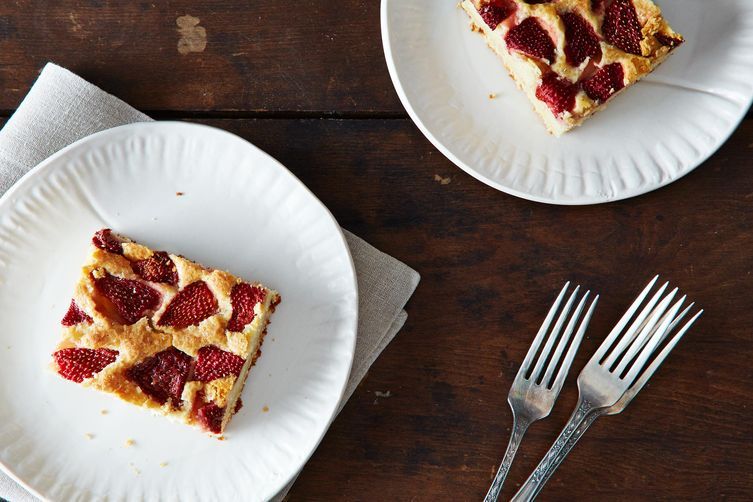
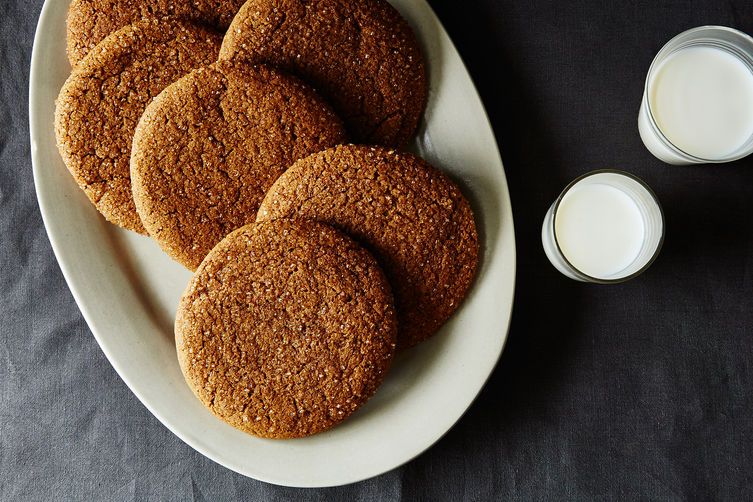
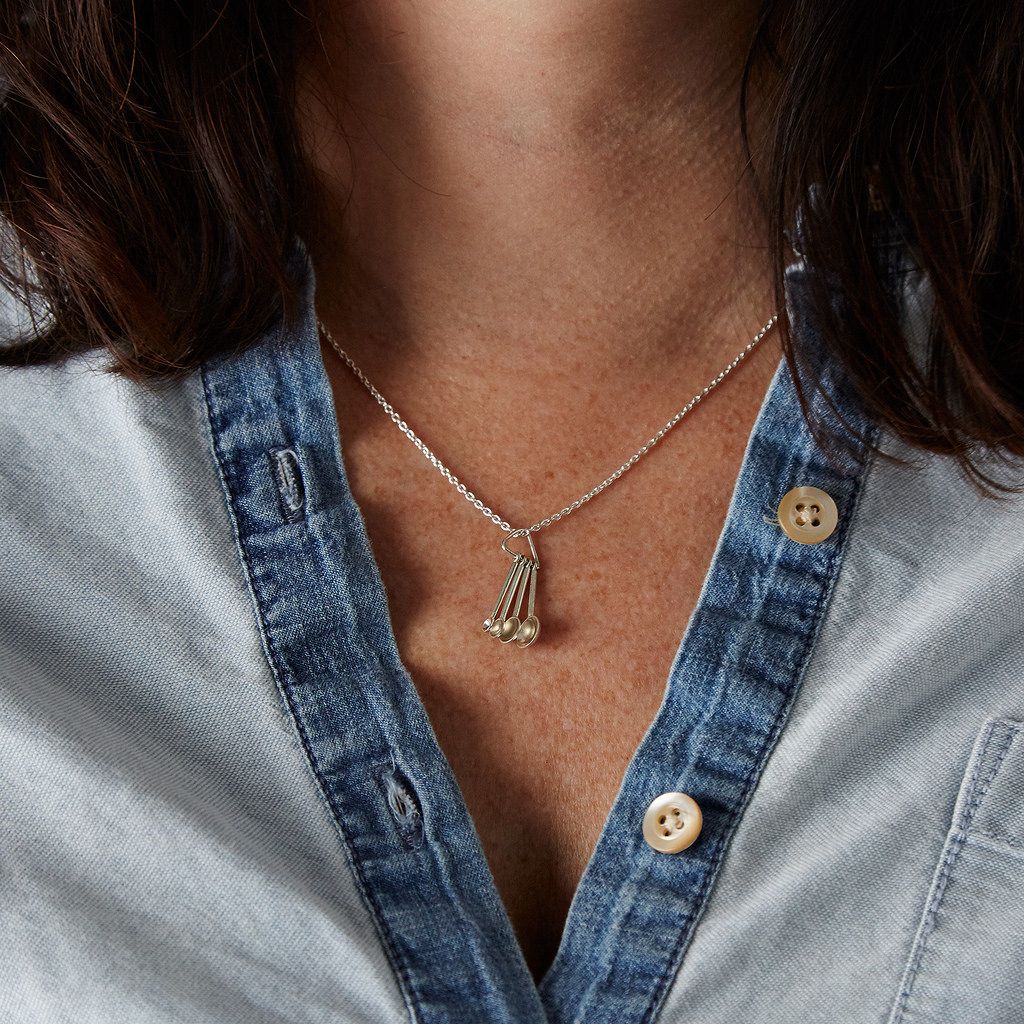
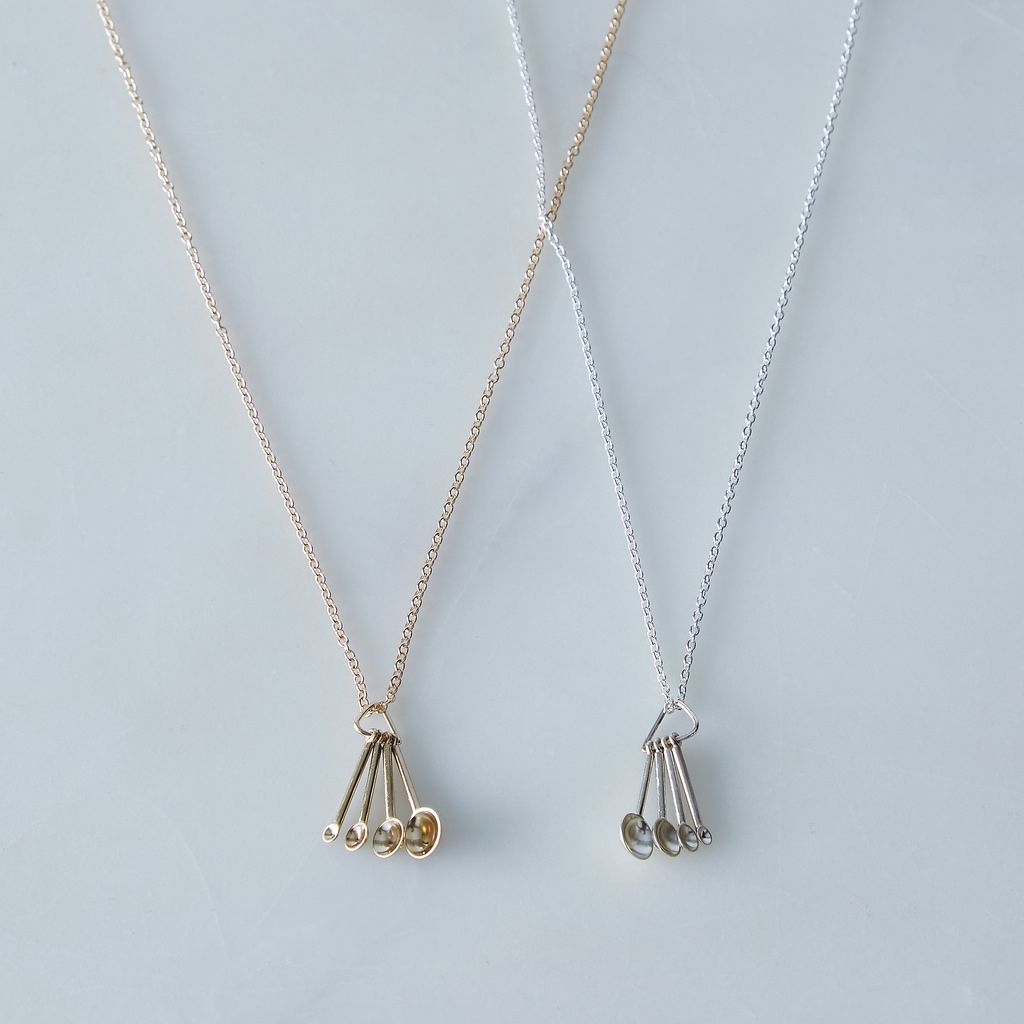
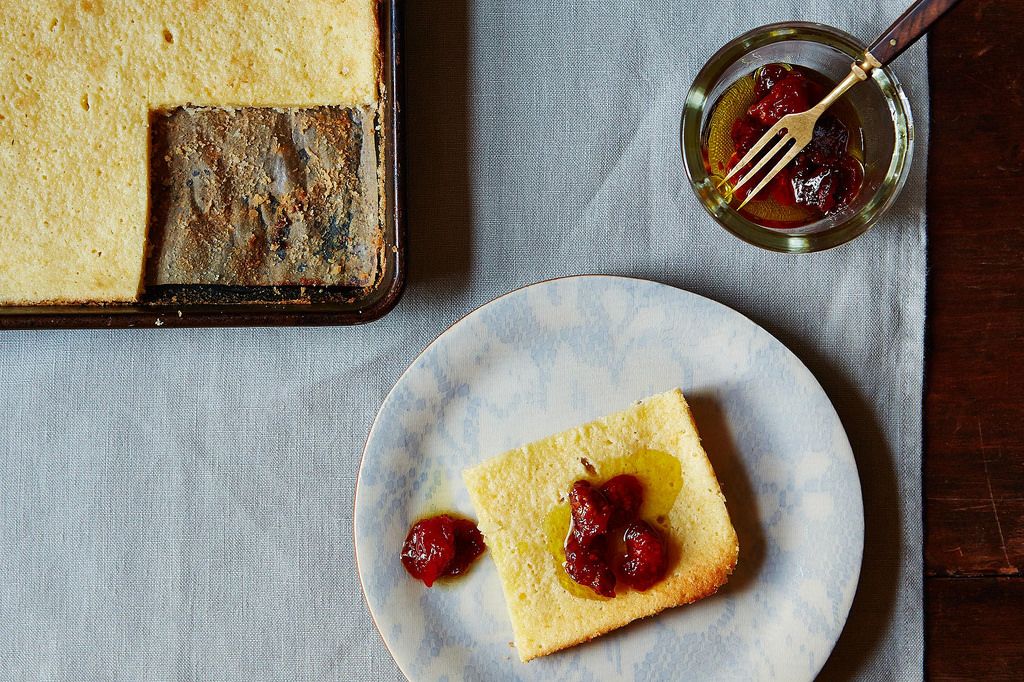
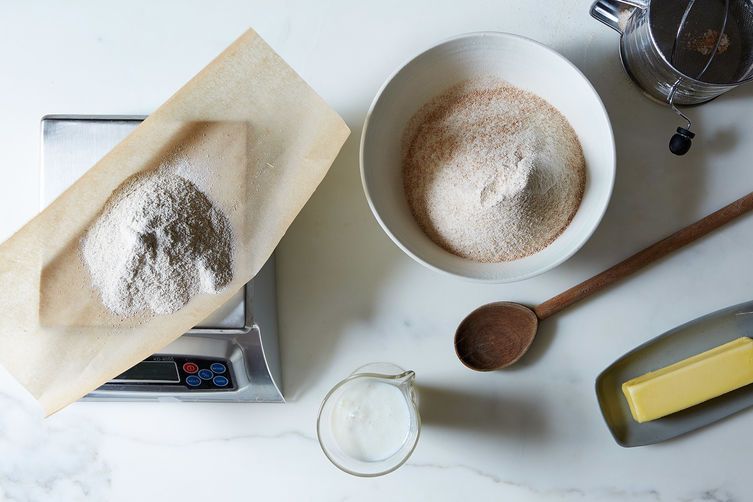
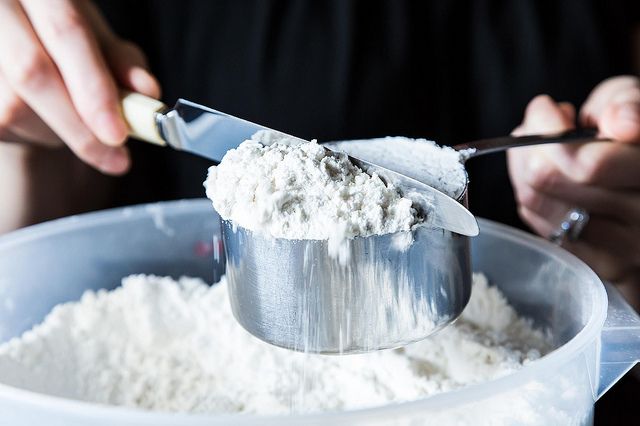
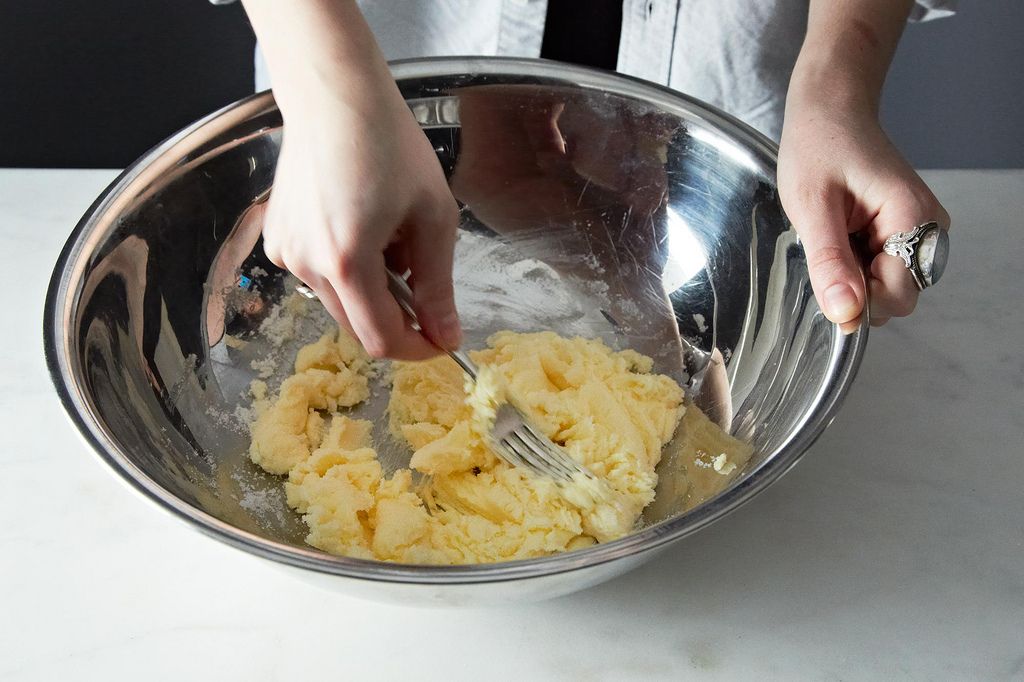
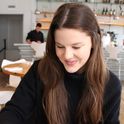
See what other Food52 readers are saying.